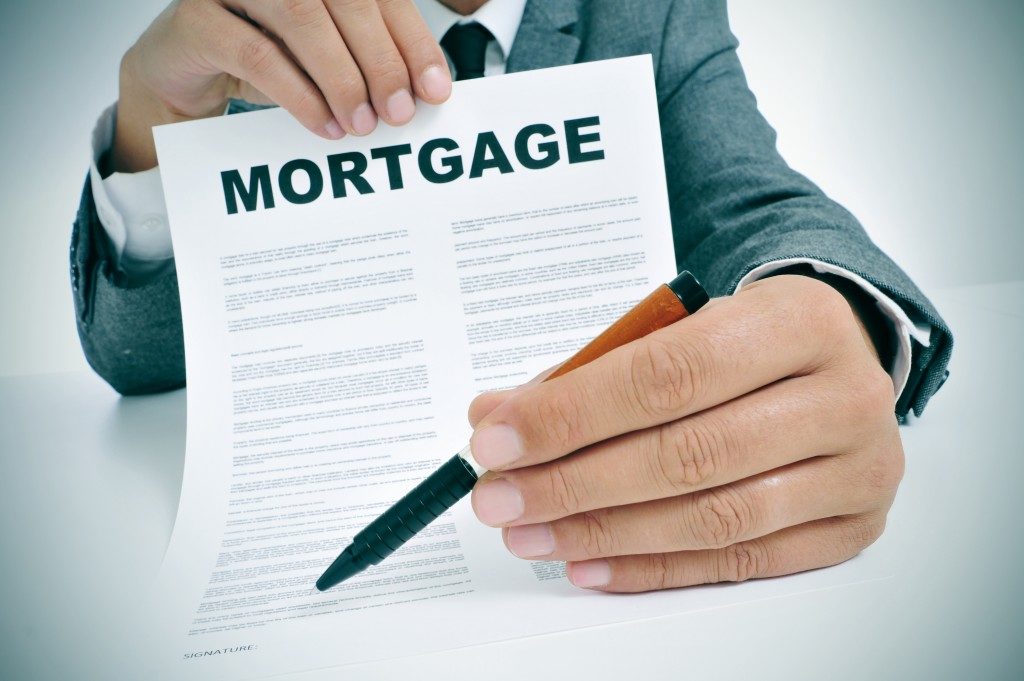Getting a mortgage might well be one of the biggest financial decisions you’ll make in your life so it’s important to be extremely careful. Here are the common mortgage mistakes you should know and avoid.
Failing to Go Local
It’s tempting to opt for a national company for your mortgage, but this is actually the wrong way to go. Often, a local mortgage lender in Tempe is better because it knows the lay of the land better. Its rates and conditions are created specifically to cater to the needs of a local – which means you’ll be getting a better deal. Plus, going local actually means you’ll have easy access in case of problems.
Failing to Check and Fix Your Credit Reports
Don’t dive into the pool without knowing how deep it is. Make sure you know where you stand by checking your credit score. Your score will determine what kind of rates you’ll be getting from the lender. Get your records and check to see if your score is good enough to put you in the lower interest rate bracket. If not, make sure to fix it by paying off outstanding debts or correcting mistakes. Credit reports are available for free so this shouldn’t be a problem.
Failing to Do the Math

Do not be fooled by low interest rates advertised by lenders. The Truth in Lending Act now requires lenders to present a transparent computation of mortgage loans – which means that you can actually calculate the APR of your loan. This is the Annual Percentage Rate which is often done in small print so you’ll have a harder time noticing it. It provides the collective interest rate, taking into consideration other factors like origination fee and closing costs. Look at the lower APR because this will show the lower cost of the loan in the long run. There are calculators today that provide instant results which should help with your choice.
Putting Too Little of a Down Payment
Even with a good interest rate offered to you, it’s still important to start a mortgage with a large down payment. Typically, lenders will ask for a 20% minimum – but it’s often better to go higher with that. Offer a down payment that’s as high as you can because that’s an amount that won’t accumulate interest. A higher down payment also means you’ll get an even lower interest rate when combined with a good credit score.
Pushing Your Finances to Buy a House
Do not push your finances too far so you can get the house you want, especially if you’re on a fixed income. Ideally, your mortgage payments should be no more than 28% of your pretax income. If this goes beyond that, then you’ll be compromising on a lot of things – food, clothes, cars, travel, education, and so on. Note that you’ll be spending years on the payment so it’s important that you can live well even as you pay off your home.
Of course, avoiding these mistakes doesn’t mean you’re in the clear. Make sure to figure out what you should actually do to get you the best deal possible.
